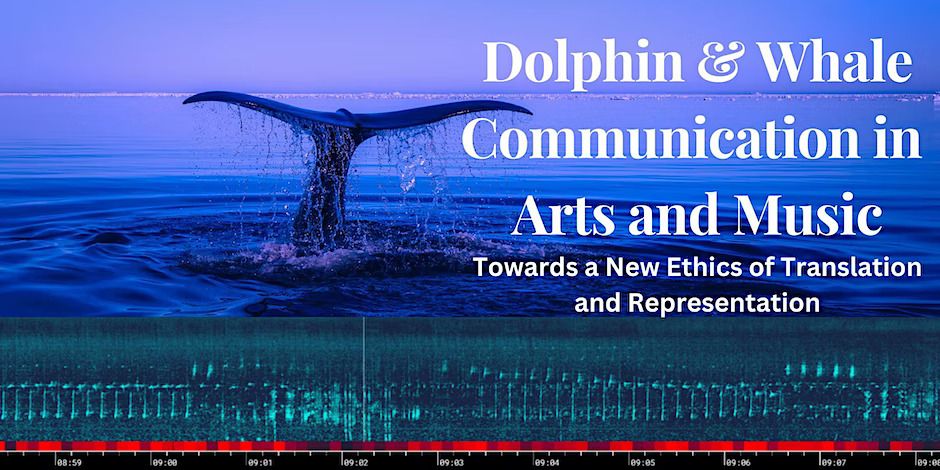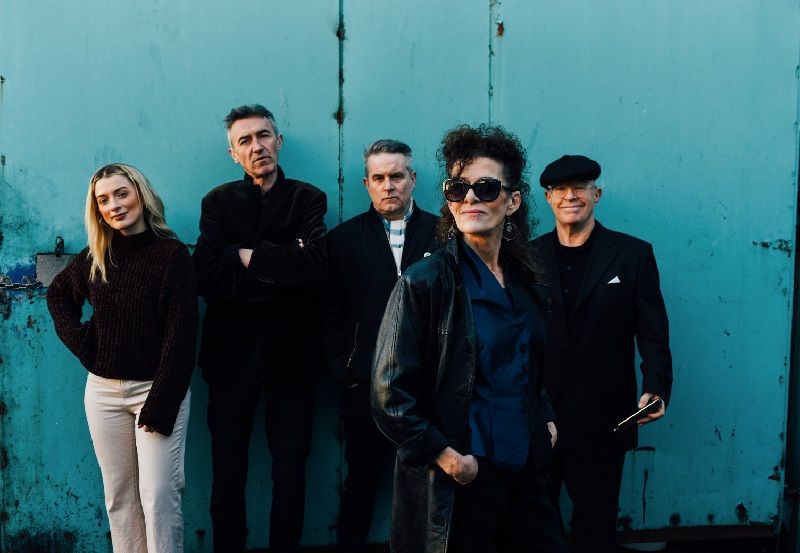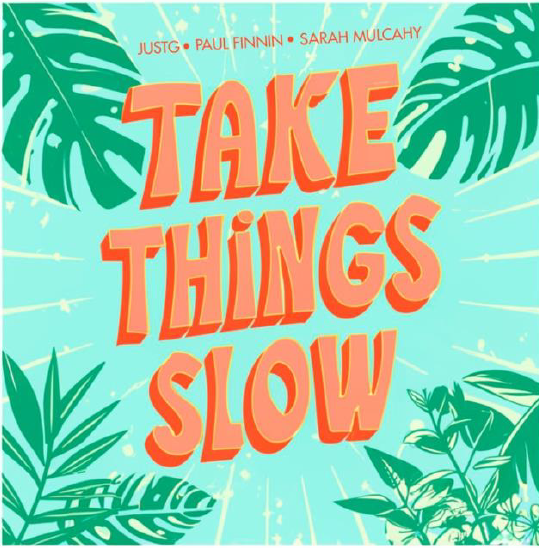Trinity College to host free talk on Dolphin and Whale Communication in Arts and Music

Marine biologists and conservationists, whale watchers, translation researchers, artists, musicians, filmmakers are invited to join the Trinity Centre for Literary & Cultural Translation for an event on March 2nd exploring what a posthuman ethics of translation and representation could look like for dolphin and whale (cetacean) communication in arts and music.
Since the release of 1970 album Songs of the Humpback Whale by bioacousticians Katy and Roger Payne – the most popular nature recording in history – musicians and artists have periodically turned to cetacean communication and behaviour for inspiration, aestheticising their languages and cultures through intersemiotic translation via analog/digital technologies. The emphasis has largely remained on demonstrating to the public and policy makers that whales and dolphins are ‘like us’, hence need protecting, and at the same time, more mysterious.
But what happens when the ‘us’ in question is under increasing scrutiny, protection efforts need more commitment and urgency, mystifying is not productive anymore and we need new ways of looking at the more-than-human world? How may post-colonial translation theory, posthumanism and ecofeminism help towards a more ethical representation of cetacean languages and cultures? How can these new ways of seeing contribute to the outreach of contemporary research in marine biology and bioacoustics, as well as marine conservation efforts?
The talk will be followed by group work among the participants, facilitated by the speaker, to explore alternatives and possibilities of representation that can go beyond victimising, anthropomorphising or exoticising the cetaceans, and to strengthen the links between scientific research in the field with artistic endeavours.
The event will take place in-person at Trinity College Dublin. When booking your place, you can choose to attend online if you are not able to make it in-person.
Leading the talk is Dr Şebnem Susam-Saraeva, Senior Lecturer in Translation Studies, University of Edinburgh
Şebnem Susam-Saraeva is a Senior Lecturer in Translation Studies at the University of Edinburgh, Scotland, U.K. Her research interests have included retranslations, research methodology in translation studies, internationalisation of the discipline, and translation and gender, literary theories, popular music, social movements, maternal health and ecofeminism. She is the author of Translation and Popular Music. Transcultural Intimacy in Turkish-Greek Relations (2015) and Theories on the Move. Translation’s Role in the Travels of Literary Theories (2006), and editor of Translation and Music (2008), Non-Professionals Translating and Interpreting. Participatory and Engaged Perspectives (2012, with Luis Pérez-González) and the Routledge Handbook of Translation and Health (2021, with Eva Spišiaková). Susam-Saraeva’s literary translations into Turkish include Kazuo Ishiguro’s The Remains of the Day (1993, 18 reprints by 2022). She is also the winner of PEN Wales Translation Challenge 2017 with her poetry translation from Küçük İskender.
To register for attendance follow the link below:
https://www.eventbrite.ie/e/dolphin-and-whale-communication-in-arts-and-music-tickets-511519979027
Latest News
Music Creators
- Affinity Schemes
- Join IMRO
- Benefits of IMRO Membership
- IMRO Mobile App
- Members’ Handbook
- About Copyright
- Royalty Distribution Schedule
- IMRO Distribution Policies
- Competitions & Opportunities
- Travel Grant Form
- Irish Radio & Useful Contacts
- Other Music Bodies in Ireland
- Affinity Schemes
- Music Creator FAQs
- International Partners
- International Touring Guide
Music Users
- Do I Need a Licence?
- Sign Up for a Music Licence
- Pay Your Licence Online
- IMRO and PPI Tariffs
- Dual Music Licence Explained
- Music Licences for Businesses
- Music Licences for Live Events
- Music Licences for Broadcast & Online
- Music licences for Recorded Media
- Music Services B2B
- Music User FAQs
- What’s Your Soundtrack Campaign
- Terms & Conditions for IMRO Events Voucher Competition
- Cookie Policy
- Privacy Statement
- Disclaimer
- www.imro.ie
- Terms & Conditions
- © IMRO 2024
- Registered Number: 133321
Please select login
For Songwriters & Publishers
For Business Owners





